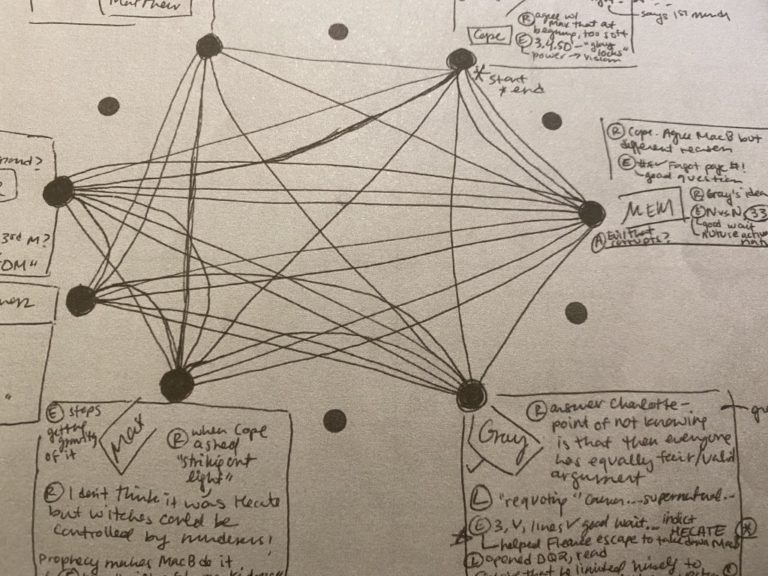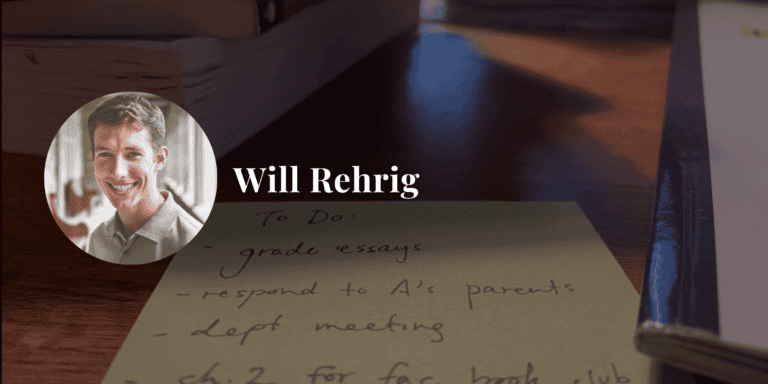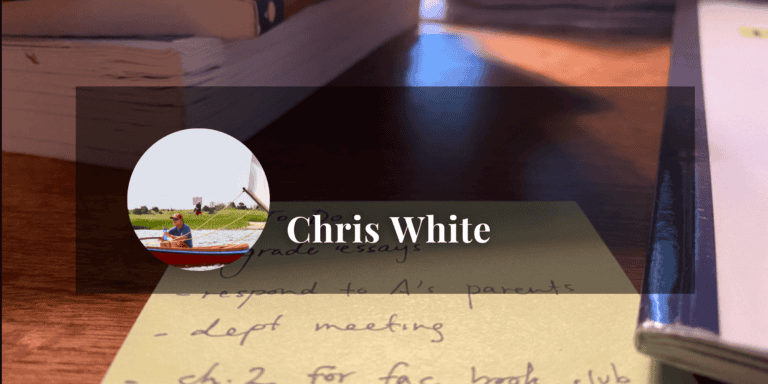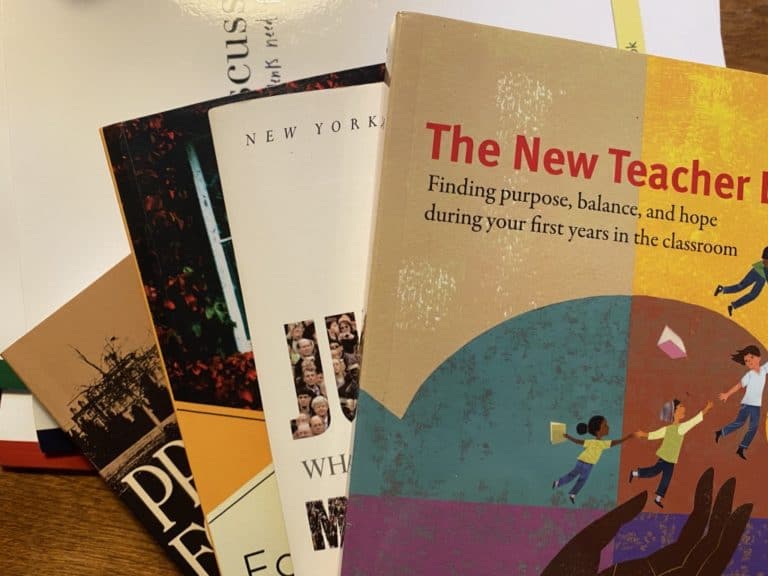Announcing the Launch of R.E.A.L.® Basics
At R.E.A.L. ®, we are big on listening! Over the past two years, we’ve listened to our partner schools, and we’ve heard one repeated thing loud and clear: we shouldn’t wait until middle school to teach students discussion skills.
We listened, and we agreed. But per usual, we had a lot of follow-up questions. What does it look like to design an elementary school curriculum? Does the research support the anecdotal perspective that this is a real need? We partnered with experienced lower school teacher, administrator, and curriculum designer Kathryn Moriarty to design R.E.A.L. ® Basics: our inaugural lower school program. As Kath says: “For this generation of students, discussion skills should be taught hand-in-hand with literacy and SEL. These are skills students need not just for academics, but for belonging, friendship, and leadership. Teachers deserve tools with this specific focus and until now haven’t had them!”
R.E.A.L ® Basics – the first skills-based, research-backed approach to discussion for grades 2-5 – will officially launch this summer with PD for educators ahead of widespread roll-out in Fall 2024. We’re piloting our initial materials this Spring with a dozen classrooms across a few schools – and as ever, we are very grateful to and inspired by these pedagogical pioneers!
A few weeks in, here are our key takeaways so far. Stay tuned for a second batch of learnings later this spring.
Our top takeaways from piloting R.E.A.L ® Basics
Developing a common language for the skills that go into any discussion – whether it’s happening on the playground or during social studies – supports students in connecting the dots between SEL and Academics. How these skills look and sound are different according to the context – including student age, school culture, and where the teacher chooses to integrate.
Anytime-anywhere Mini-Lessons empower teachers to teach critical discussion skills when it works best for their students. Whereas our middle and upper school programs primarily occur in Humanities classrooms – and students transfer those skills out into other classes and life beyond school – Lower Schools’ R.E.A.L. ® Basics program can happen anywhere – in science, social studies, reading groups, or even morning meeting.
The R.E.A.L. ® framework allows teachers to isolate and develop targeted practice for the skills that seem hardest for today’s students. According to our pilots so far, those skills include listening, disagreeing respectfully, and relating texts to something bigger than your own life.
Building the R.E.A.L. ® Basics foundation will prepare students to thrive in R.E.A.L. ® Jr, our middle school program. Our goal is for students to build familiarity with these discrete skills in lower school, so that by the time they reach middle school they are able to start fully “having student-led discussions.” R.E.A.L. ® Jr. approaches discussion like a sport – positioning the teacher as a coach who helps students work as a team as they all choose when and how to contribute. Just like in soccer, you choose what move to make – should I dribble, pass, shoot, dodge? – in a R.E.A.L. Junior Discussion, you’re choosing to relate, excerpt, ask or listen.
With the launch of R.E.A.L. ® Basics on the horizon, we’re glad we listened to our partner schools – and we’re eager to keep listening and learning as we continue to workshop this new program. To learn more about any of the R.E.A.L. ® programs, don’t hesitate to reach out to our team today.





